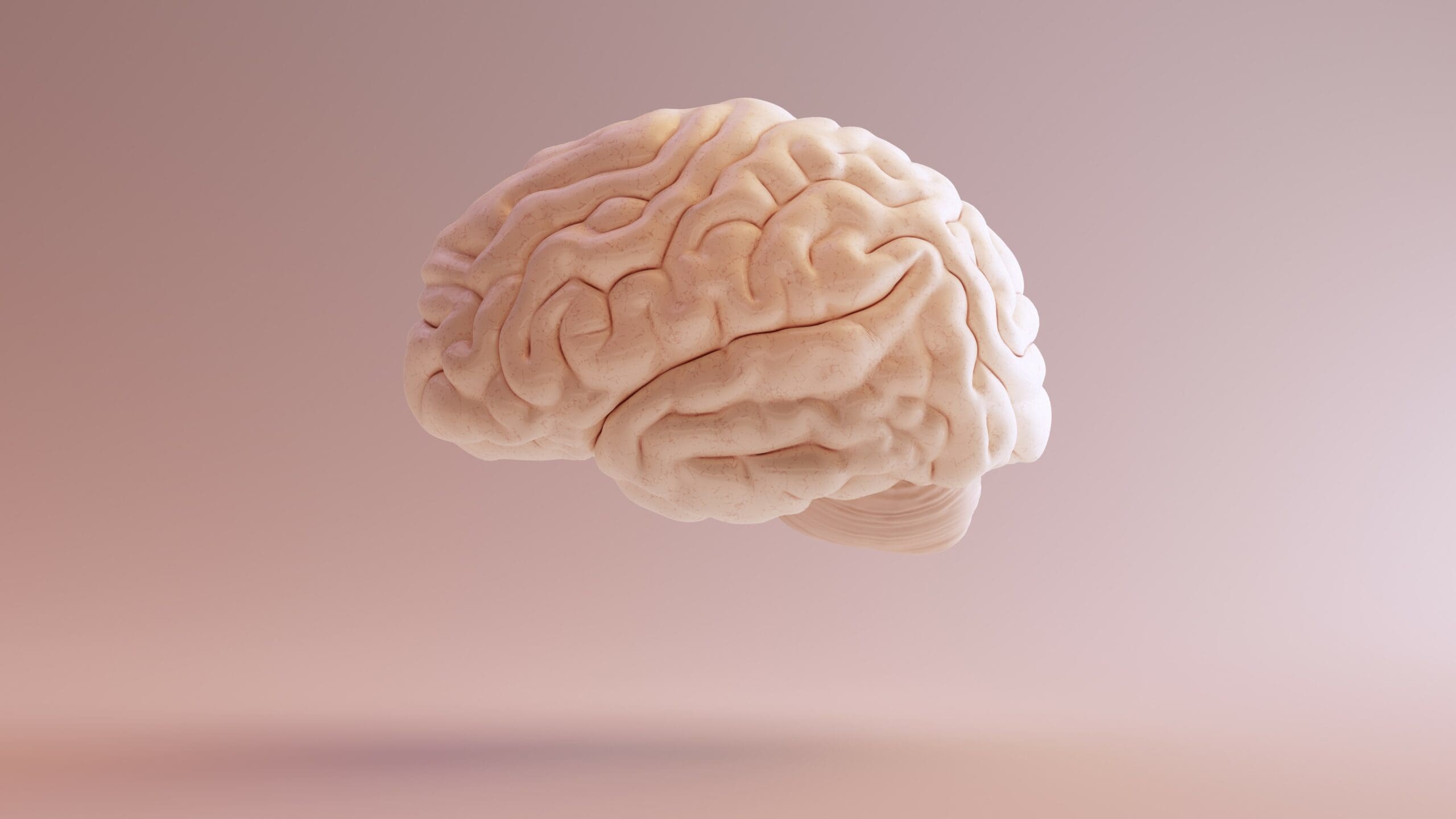Video transcript
Dr Norman Swan: Most of us take our brains for granted. It’s just a blob of grey matter hidden under our skulls, after all. What is it really? Brain awareness intends to make us all think more about our brains. About what an amazing organ it is. About how to keep it healthy, alert, and thinking well. And what can go wrong. Sometimes really badly wrong, whether from a disease, a disorder, or a traumatic brain injury. And that’s what we want to focus on here, a traumatic brain injury, concussion.
Associate Professor Alan Pearce: What happens with a concussion is when you get an impact to the head or knee to the head where the force will be transmitted to the head. Generally speaking, what we’re talking about is a functional disruption where the impact is stopping the nerves from working properly. So you get these functional disturbances like confusion, nausea, irritability, balance problems, dizziness. One of the things about concussion is that you don’t need to be knocked out. So loss of consciousness only occurs in about 10 to 15% of the time. Concussion is part of what we call the traumatic brain injury spectrum. So it’s one of the most common injuries around the world. It’s about 250 out of 100,000 population. So it’s the third highest rate of death and disability worldwide. Now concussion is more than just a sporting issue. It’s a community wide issue. It happens in the workplace. It happens on the school playground. So we need to be talking about concussion more than just what is happening to athletes. We need to look at other ways of trying to manage and mitigate repetitive concussions. Because concussions can happen at any time as an accident.
So things that we’re trying to look at is I get asked a lot of questions about helmets. And what we do know on the sporting field is that helmets don’t stop concussions. They protect the skull bone from fracturing, they stop the brain from severe traumatic brain injury, but they don’t prevent concussions because the brain tissue continues to move within the skull. So we need to look at other ways of monitoring knocks on the field, monitoring knocks in training. One of the research projects that I’m involved with is looking at monitoring head impacts. And with using a mouth guard, a sensored mouth guard that detects impacts experienced during training and playing. And how it works is that it’s got a very sophisticated electronics embedded in individualised fitted mouth guards. But the information that it collects is sent to an app that can help people on the sidelines detect when there’s a suspected force or impact that can be … Requires the player to come off.
A lot of concussions are not reported by a factor of six to 10. So the reasons that we are finding out why this is happening is two reasons. One is that people actually don’t know what a concussion is, what the symptoms are. We need players to be aware that if they’re not quite right, they need to come off and be seen by a professional. It will help them next … The following week, it’ll help them recover quicker and it may also extend their playing career by many years.
Dr Norman Swan: So the message here is clear. If you’ve had a significant hit to the head, if in doubt, sit it out. But the question many people ask after a concussion is when I can return to sport. The answer is one week if you successfully climb the six-step rehabilitation ladder. Day one, rest. And that’s complete physical and mental rest for 24 hours. Day two, light aerobic exercise like walking, stationary cycling, or swimming, but no resistance training. Day three, sport specific exercises but no impact activities. Day four, non-contact training and add progressive resistance training. Day five, full contact practice. And day six, return to play. But if at any time during this period you get symptoms, any symptoms, you’ve really got to go back to the beginning. There is no point in taking a risk. Just take another week. Your brain will benefit.
Now if you’re not a sports player, keeping our brains healthy is just as important. And here are some tips. Learn a new skill like a new language or a musical instrument. And always remember, what’s good for your heart is good for your brain. That means nourishing your brain with something like the Mediterranean diet. Taking moderate physical exercise every day. Reducing stress in your life. Not smoking. Drinking alcohol in moderation, which means no more than one standard drink each day if you’re a woman and two if you’re a man. And manage your mental health. Socialise with friends and family. Get a good night’s sleep. And always make safety first a priority.

